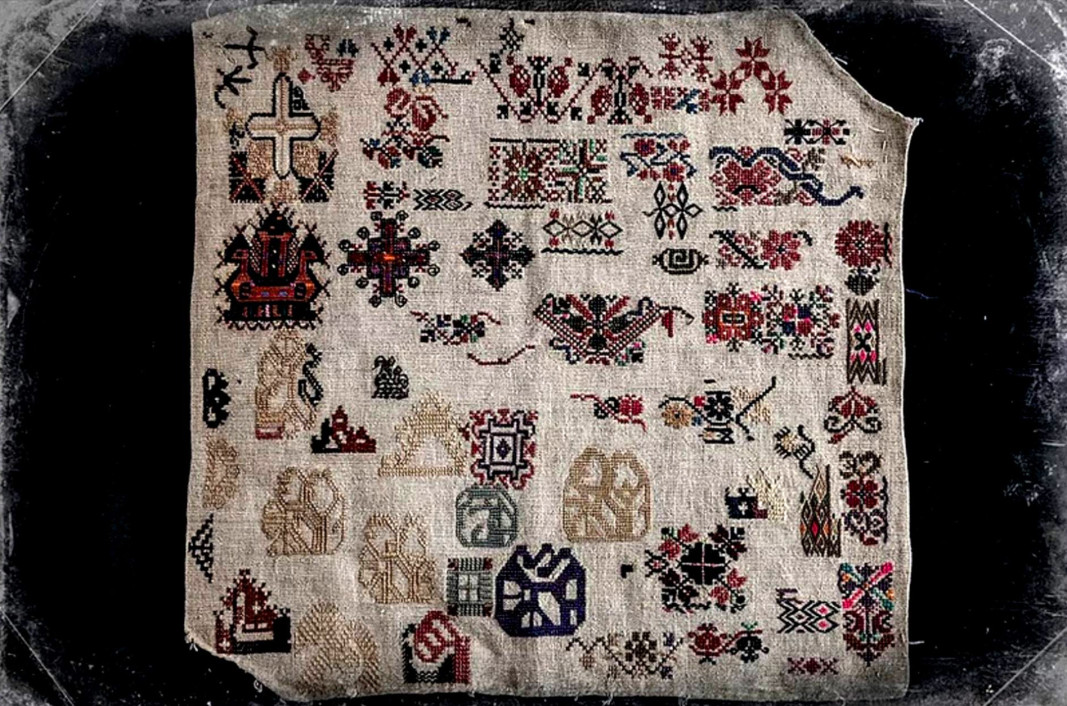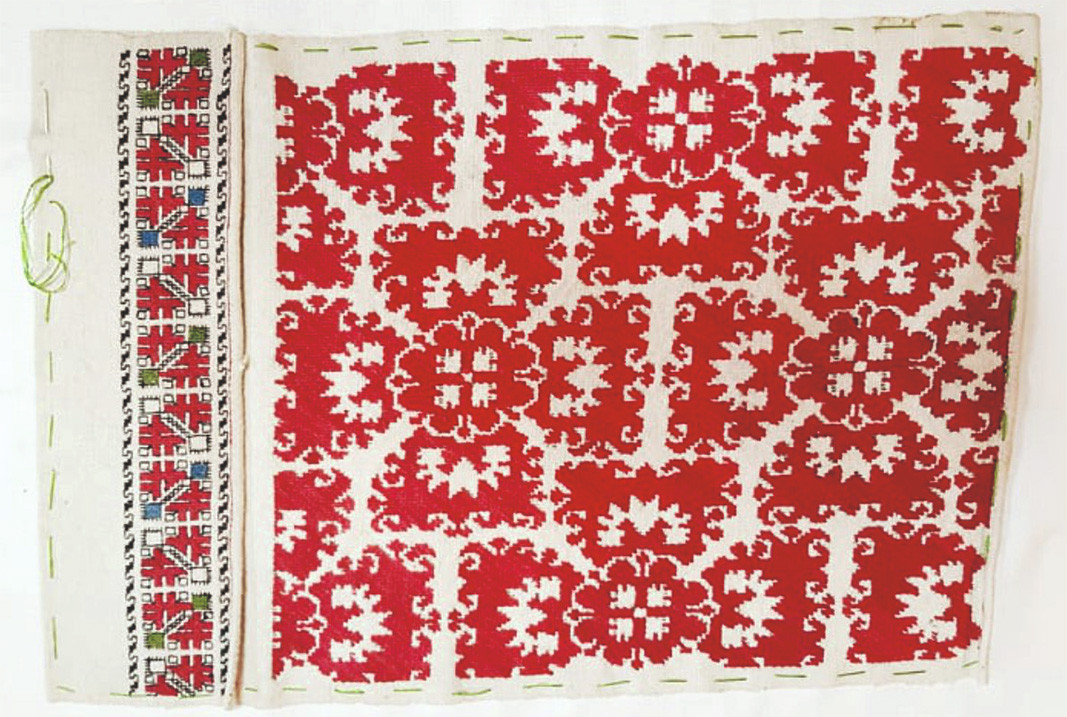“Bulgarian Sparks 2016” community centre in the town of Dobrich (Northeastern Bulgaria) runs an international competition for authentic or reproduced original Bulgarian embroidery motifs. By 15 December 2021, contestants must submit a sample pattern that is part of the ornamentation of traditional men’s, women’s or children’s national folk costumes.
The competition aims to revive the embroidery appliqué (“zashiv” in Bulgarian) as a means to preserve ancient Bulgarian embroidered motifs.
“The embroidery appliqué is a piece of cloth with embroidered motifs that are typical for a particular settlement”, explains the competition’s organizer Magdalena Petrova. “It was usually stitched on natural fabrics – linen, cotton, hemp. In such a way, the motifs were preserved and passed down the generations and women used them to design their embroidery on shirts, dresses, aprons and other pieces of traditional folk costumes. This is the reason why we have such a wealth and diversity of inherited embroideries in our folk costumes.”

Organizations and associations of Bulgarians abroad are partners in the competition “The motif – a key element of Bulgarian embroidery and a guardian of family legacy”. Bulgarian community centres, non-governmental organizations and individual participants from Bulgaria, Moldova, Ukraine, Romania, Serbia, Macedonia, Turkey, Greece and others with a penchant for preserving the traditional Bulgarian embroidery have been invited to take part in the contest. The organizers hope that they will all help track down ancient embroidery patterns hidden in family dressers or museum exhibits.
Why is it so important to collect these motifs and preserve the purity and authenticity of the Bulgarian embroidery?
“First of all, we will honour and pay tribute to the artistry of the Bulgarian woman. Bulgarian embroidery is a work of art, which carefully depicts the historical context of the settlement in terms of its geographic location, customs, livelihood and culture. It carries the spirit and hopes for wellbeing of the Bulgarian woman through the symbolism of the patterns and the hidden wishes encoded in them. By preserving its authenticity, we will continue to marvel at its beauty and perfection and we will be able to pass it on to future generations, genuine and intact. We must protect the motifs as part of the embroidery and the embroidery as part of our folk costumes”, claims Magdalena Petrova.

The winners in the competition will receive cash prizes, while the collected patterns will form part of the most complete catalogue of embroidery motifs preserved to this day from various parts of Bulgaria, the settlers in Bessarabia, the Taurian Bulgarians in Ukraine, the Banat Bulgarians in Romania and many others.
“We intend to include embroidered patterns with clear origin and history, with detailed stitching technique, the colours used, the names if they have been preserved. And we will, of course, include the names of the participants who have presented the motifs. I am confident that this catalogue will be a step in the right direction towards preserving the Bulgarian embroidery with its ancient patterns that are typical of Bulgarian settlements”, claims Magdalena Petrova. “We will thus be able to pass down to future generations embroidery relics with authentic Bulgarian patterns, which they could use to design exquisite motifs and pieces of art.”

Complete information about the deadlines and conditions of the competition can be found on the Facebook page of “Bulgarian Sparks” community centre in Dobric
Author: Dessislava Semkovska
English version Milena Kazakova
Photos: courtesy of Assen VelichkovAt the end of the 19th century, the Czech artist and folklorist Ludvík Kuba travelled to Bulgaria with one goal in mind: to explore the country's rich song heritage. The melodies he collected were published in a separate volume of his Slavic Song..
In the Bulgarian folk tradition, the feasts of Lazarus Saturday and Palm Sunday are related holidays. From Lazarus Saturday (Lazarovden in Bulgaria), girls prepare for the ritual kumichene, which is performed on the morning of Palm Sunday. A very old..
In April and May the visitors of the Strelcha Historical Museum will have the opportunity to get acquainted with the traditions connected with the Easter holiday cycle through the exhibition A Fine Easter, a Finer St. George’s Day . Easter..

+359 2 9336 661
